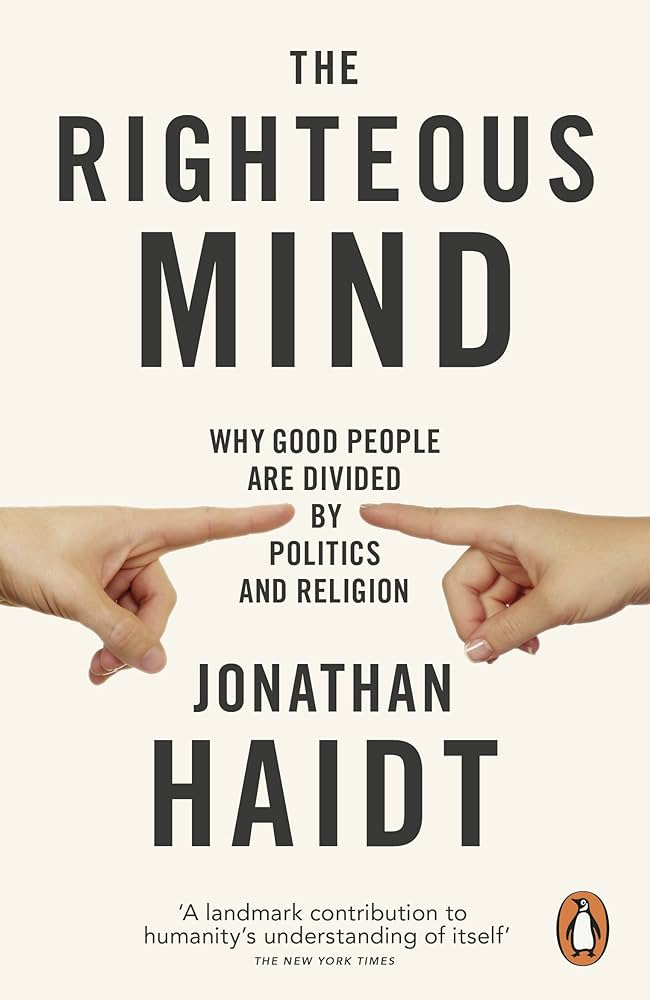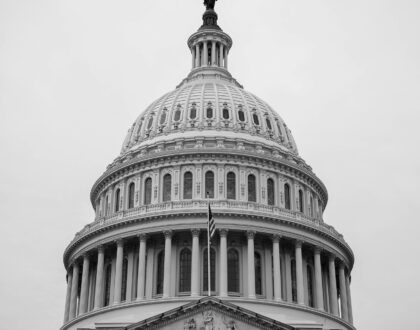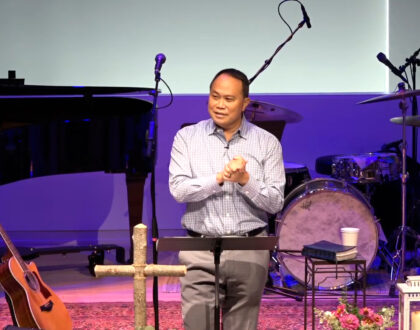Politics Exposes Deeper Spiritual Problems

The presidential election season is well underway. Iowa has already voted and New Hampshire is voting today.
I invite you to come join us on Wednesday, Feb. 7, at 6:15 PM as Samar Ali returns to share some updated insight on what is happening in Gaza, Ukraine, and with immigration.
Jonathan Haidt’s classic book The Righteous Mind: Why Good People Are Divided by Politics and Religion is worth reading. Haidt deals with moral foundations, political ideology, and he has always had his finger on the pulse of these issues.
Those of us who lead mainline, “purple” churches in America must accept the reality of political and social diversity. It should not scare us or intimidate us. It makes life interesting. We should always encourage healthy dialogue and civil conversations in our communities among those who disagree. Most people tend to avoid the topic because it ruins family dinner or a neighborhood happy hour. But this year’s election will once again expose the moral and spiritual shortcomings of the American political landscape. It’s why many believe religion and politics should not be mixed. We don’t want one to tarnish the other. Just focus on Jesus. But what happens when Christians pay more attention to political candidates (in general) than Jesus? Those of us who live in reality understand that religion and politics will always be connected for a variety of reasons. Our faith and our values should inform our politics and the candidates we support. But many will ask, what do you do when you feel like neither candidate represents your values and priorities, but the choices don’t change?
Polling shows that younger Americans do not understand why we might end up with the same choice between two octogenarians, both of whom have significant baggage and shortcomings. Choosing between the “lesser of two evils” is not an exciting way to go to the polls. Make no mistake, politics is an ugly business. If you doubt that, this election cycle will prove it once again. But must it always be this way?
One of the most disturbing aspects of our culture is that character, virtue, and moral leadership are lacking. Decency and civility seem to be waning. Standards are dropping. Growing secularization, shallow morals, social media, and the breakdown of the family continue to drive this. What will it take to restore virtue and civility to American politics? Is that even possible with a twenty-four-hour news cycle based on sound bites and “gotcha” moments? How can we return to an intelligent exchange of ideas and visions regarding the proper role of government, immigration policy, taxes, debt, foreign policy, economic growth, healthcare, and entitlement reform? What will it take for us to reestablish moral and spiritual relevancy to the conversation? I’m not talking about divisive culture wars which seem to accomplish very little. I am talking about basic respect, civil debates, decency, integrity, and honor. Many of us long for that.
Faith played a significant role in the lives of our founding fathers. History tells that story. The founders sought to establish a nation that would bring out the best in people and not the worst. It was also understood that both morality and spirituality must be present in the life of the Republic, any public servant, and in the political process itself. Without it, the citizens lose confidence, become discouraged, grow cynical, and even disengage. That seems to be where we remain. This could change over time. We shouldn’t always have to settle. There is still great hope in this grand experiment that we call America because most people are good, values still matter, and our spirit is strong. When can we move ahead to a new generation of leaders and stop watching the same old script on rerun? Seems like a question that many people are asking.
Recommended Posts

Political Violence is Never the Answer
July 25, 2024

“Messenger” – Justin Gung – July 14
July 14, 2024

Celebrating Woodmont’s 81st Birthday
July 10, 2024

